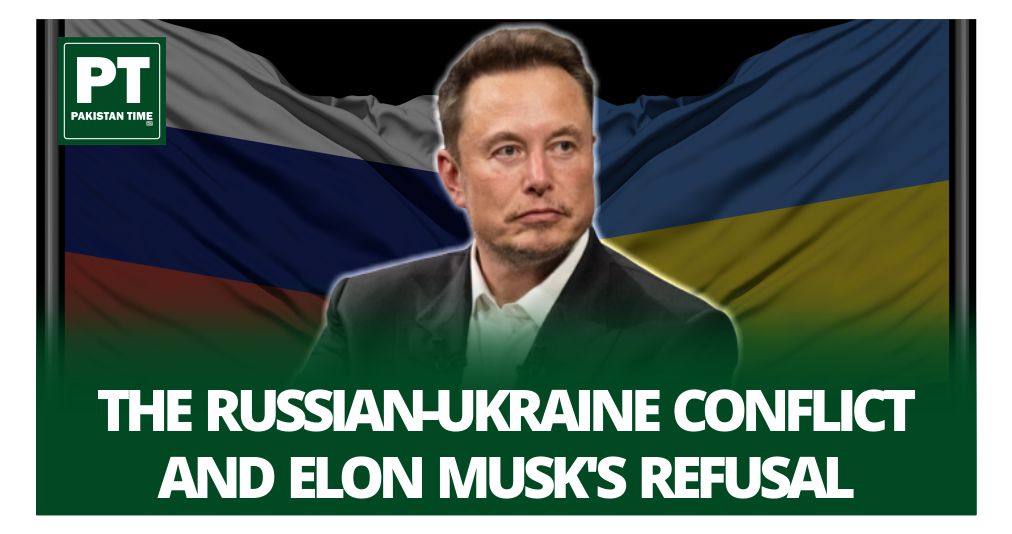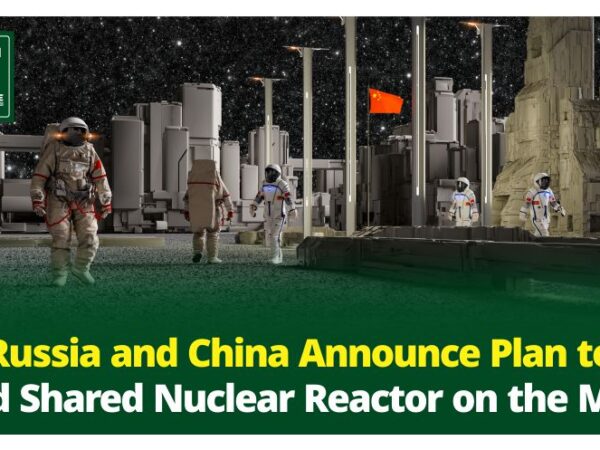The Russian-Ukraine Conflict and Elon Musk’s Refusal
Elon Musk, the billionaire entrepreneur, and CEO of SpaceX and Tesla, recently disclosed that he refused a Ukrainian request to activate his Starlink satellite network in Crimea’s port city of Sevastopol last year. This revelation came amidst allegations that Musk’s decision aimed to aid a potential Ukrainian attack on Russia’s fleet stationed in the region. Musk’s refusal to comply with the request was rooted in his concerns about being complicit in what he termed a “major” act of war.
The Situation in Crimea and Sevastopol
To comprehend the gravity of Musk’s decision, it is crucial to understand the geopolitical backdrop. Crimea, a region at the center of tensions between Ukraine and Russia, has been a contentious area for several years. Russia’s annexation of Crimea in 2014 further exacerbated the conflict, leading to diplomatic disputes and military confrontations. The presence of Russia’s Black Sea Fleet in Sevastopol has been a focal point of contention.
SpaceX’s Role and the Starlink Network
SpaceX, Musk’s aerospace company, plays a significant role in the international space launch market. The company collaborates with various nations and organizations on space-related projects. As a result, SpaceX’s actions are not just technological milestones but also have diplomatic implications.
Musk’s Twitter Revelation
Elon Musk’s decision not to activate Starlink in Sevastopol was shared with the world via his Twitter account. He mentioned that SpaceX would not entertain new contracts related to the region until existing contracts were completed. This statement raised eyebrows worldwide, igniting discussions about the potential role of private companies in international conflicts.
The Significance of Musk’s Decision
Musk’s refusal to engage in actions that could contribute to military operations underscores his ethical and moral considerations. It signals that he prioritizes global peace over financial gain and is committed to avoiding any role, even inadvertently, in international conflicts. This decision aligns with Musk’s previous statements about the responsible use of technology, including artificial intelligence.
Implications and Future Considerations
Elon Musk’s stance highlights the growing responsibility of industry leaders in maintaining global peace, particularly in sectors as influential as space exploration and technology. As technological advancements continue to blur the lines between industries and geopolitics, individuals and companies must consider the ethical dimensions of their actions.
In a world plagued by conflicts, Musk’s decision sets a precedent for industry leaders, emphasizing the importance of making ethical choices. Whether this decision will impact SpaceX’s future contracts and Musk’s role as a global figure remains uncertain. However, one thing is clear: Elon Musk is not just a technological pioneer but also an advocate for peace in an interconnected world.
The Russian-Ukraine Conflict
The conflict between Russia and Ukraine has been ongoing for years, with Crimea serving as a major flashpoint. The annexation of Crimea by Russia in 2014 triggered international condemnation and sanctions. The presence of Russia’s Black Sea Fleet in Sevastopol has further fueled tensions in the region. The conflict has also led to significant human suffering and displacement, making efforts towards a peaceful resolution crucial.
Starlink’s Role in Ukraine
SpaceX’s Starlink satellite network has played a role in providing internet access to Ukrainians, both civilians and the military, during the conflict. The network’s ability to deliver high-speed internet to remote and underserved areas has been valuable in a country where communication is vital, especially in times of conflict.
Musk’s Commitment to Responsible Technology
Elon Musk’s decision reflects his broader commitment to the responsible use of technology. He has expressed concerns about the potential risks associated with artificial intelligence and has advocated for regulatory oversight. Musk’s actions align with his belief that technology should be used for the betterment of humanity and not to exacerbate conflicts or harm individuals.
Future Considerations for Private Companies
Musk’s refusal to activate Starlink in a conflict zone raises questions about the role of private companies in international conflicts. It highlights the need for clear ethical guidelines and responsible decision-making by corporations that wield significant technological power. As technology continues to advance, it becomes increasingly vital for industry leaders to consider the broader implications of their actions on global peace and security.
In a world where technology and geopolitics are deeply intertwined, Elon Musk’s principled stand serves as a reminder that even in the pursuit of innovation, ethical considerations must remain paramount.
In conclusion, Elon Musk’s refusal to activate the Starlink satellite network in Crimea’s Sevastopol reflects his commitment to ethical technology usage and global peace. This decision highlights the moral responsibility of influential individuals and companies in a complex geopolitical landscape. Musk’s principled stance serves as a reminder that innovation must always be accompanied by a dedication to ethics and responsible technology usage.







